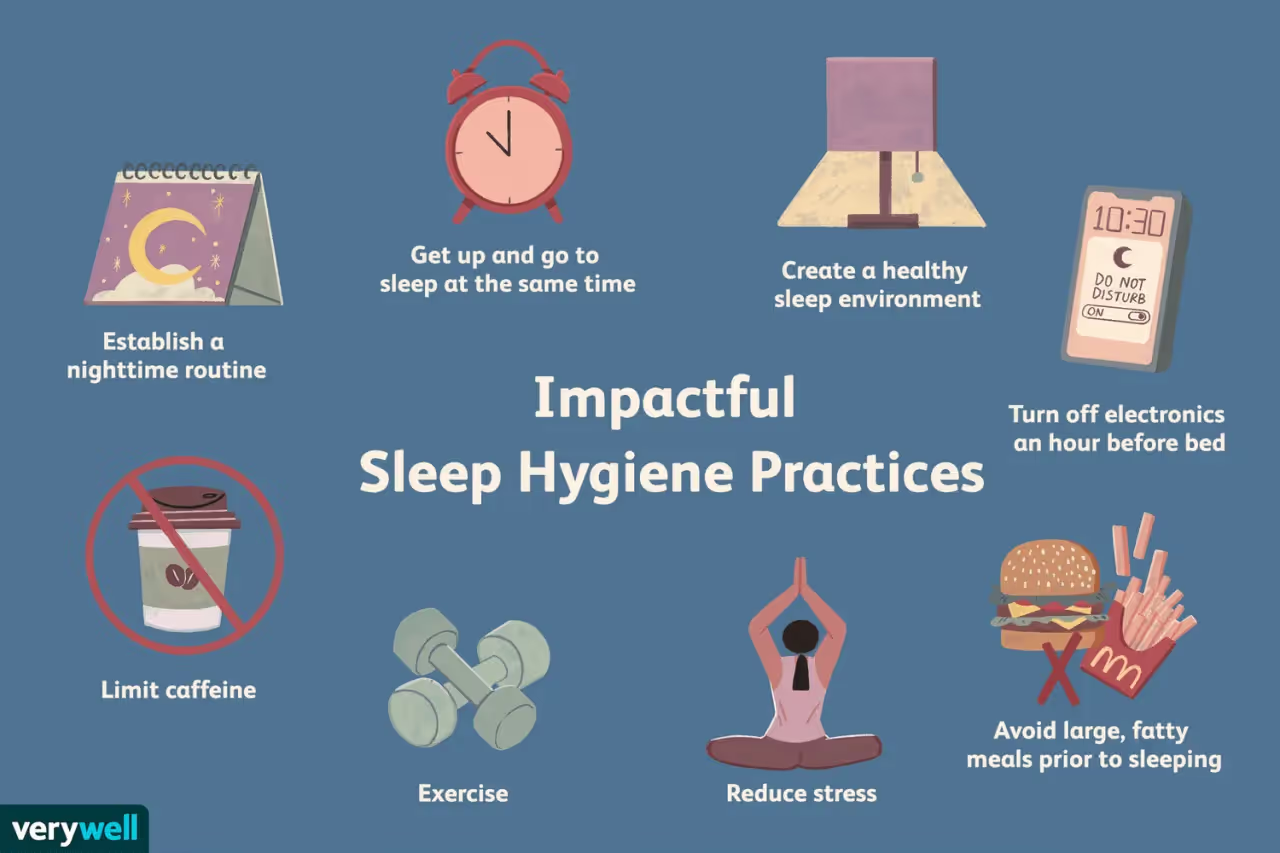It would be so nice if there was a simple easy way to decrease depression.Well, in some ways everything that decreases depression is quite simple, but it's...

It would be so nice if there was a simple easy way to decrease depression.
Well, in some ways everything that decreases depression is quite simple, but it's the easy part that prevents most people from doing them.
It's not that the tools for decreasing depression are inherently hard, it's that depression makes them harder to do because, well, that is just what depression does.
The same goes for a number of other mental health disorders, but primarily depression.
Why?
Because depression directly impacts (or is caused by) the functioning of key neurochemicals.
One of those neurochemicals is responsible for energy.
So, anyone suffering from depression inherently has lower energy which makes doing any task, no matter how small, a mountain instead of the molehill it would otherwise be.
The good news is, the more you do, the better you'll feel.
Depression is tricky this way.
In order to feel better you have to do more; doing less will make you feel worse.
So, yes, today's tools are very simple, but they're going to require effort to get started.
But I based on my experience, once you start it get's easier and you'll feel better.
Our 3 tools to decrease depression are Walks, Sleep, and Schedule.
Let's start off with the easiest of the easy tools to decrease depression, walks.
It's well known that physical movement decreases depression.
Not everyone can just jump into a high-intensity weekly workout regime though.
The good news is you don't have to become a marathon runner, or a power-lifter to start reaping the mental health benefits.
All you have to do is walk.
Every day, go for a 20-minute walk.
And don't try and cheat yourself by saying "I walk a lot at work," or "I'm on my feet all day" because that's not the same thing, at all!
Dedicate 20 minutes to doing nothing but walking; no phone, no podcast, no music, just walking.
If 20 minutes is too much, then start with 10, or 5 for that matter.
Then every day or week add a minute and work your way up.
If it's cold, bundle up, just make it a priority to walk outside.
After 3-4 weeks see how differently you feel, and how easy it becomes- you'll even start to look forward to those walks.
The point is, you have to do it regularly, and consistently, but it all starts with the first step out of the door.
Mental health is about you taking responsibility for what you can.
Going for a brief walk is literally and metaphorically that first step.
If it seems too simple, then you have no reason not to give it a shot; if it seems too hard break it down to a length of time that you are willing to do and work up from there.
If you want to decrease depression, start walking.
This next tool to decrease depression is not quite as easy as going for a walk, but it will shock you how much better you'll feel afterward.
Sleep at the same time every day.
That means setting your alarm (even on your days off) and getting out of bed at the same time, every single day.
Depression makes a mess out of our circadian (sleep) rhythms which in turn makes depression even worse.
The first line of defense to decrease depression is almost always to get your sleep regulated.
The easiest way to do this is to get out of bed at the same time every day.
Insomnia is a common symptom of depression so this is a hard adjustment to make in the first few days.
But if you stick with it, and refuse to take naps during the day, then your circadian rhythm will rebalance and allow you to start sleeping through the night once again.
As I mentioned before, once your sleep schedule gets sorted out, that helps decrease depression, and it balances your hormones which further decreases depression.
Dr. Mathew Walker once said "Sleep is our superpower" and this is only the tip of the iceberg as to why that's true.
Do you know what else helps regulate your sleep patterns?
Going on daily walks outside!
That's right, sun exposure and physical movement outside help our body's internal clock work properly allowing us to get more consistent, quality sleep, every single day.

Our third tool to decrease depression is to make a schedule.
This ties nicely into our previous two tools which is why I saved it for the end.
Routine can be a literal lifesaver when dealing with depression.
This works for several reasons but the most important one is that a routine automatically engages those neurochemicals we mentioned earlier.
It does this by making tiny goals and introducing predictability into our lives.
For this reason, there's no need to make a jam-packed routine of lofty wishes.
Just like going for walk start simple.
Build a schedule that you'll actually stick to.
By now you already have two things on your schedule; wake-up time and going for a walk.
If that's all you can muster, then, great!
It doesn't matter where you start, only that you start.
Sticking to a routine improves confidence, energy, and regularity; all the things depression tries to steal from you.
If you want to decrease depression, increase your routine.
Depression impacts virtually every aspect of life and its grip only tightens the less that you do.
Depression zaps you of your energy and motivation to do even the easiest tasks, but it's the same simple tasks that actually decrease depression.
Simple tasks like going for daily walks outside, getting out of bed at the same time every day, and setting a schedule for yourself.
Each of these three tools is simple, but they take effort to accomplish so start small.
Whatever you can accomplish put into your daily schedule and start there.
Then build on that week after week until before you know it, you're accomplishing more than you thought you could and feel better than you believed you could.
If your symptoms of depression have been persistent and interfere with your daily life, it's important to seek help from a mental health professional. It's also a good idea to get medical advice if you experience any thoughts of self-harm or suicide.
Yes! In fact, it's encouraged that you open up to your therapist so they can gain deeper insight into your individual situation and develop the most effective treatment plan possible that works best for you. Your therapist is there to serve as an unbiased source of support who will respect any thoughts or feelings shared within the session without judgment or criticism.
Therapy provides many benefits for people battling depression. Research has shown that cognitive-behavioral therapy (CBT) is particularly effective in managing depressive symptoms. In addition, therapy can teach healthy coping skills and provide emotional support during difficult times. It may also be used as part of a comprehensive treatment plan which includes medication as well as lifestyle changes such as regular exercise and improved nutrition.
Depression is a mental disorder (a common one) that affects millions of people worldwide. It is characterized by persistent feelings of sadness, hopelessness, and loss of interest in activities once enjoyed.In this section, we will discuss the various types of depression, including major depressive disorder, persistent depressive disorder, and bipolar disorder.Gaining a deeper understanding of your depression is the first step in finding the right treatment and support.
The duration of depression counseling varies for each individual, depending on the severity of their depression and their progress in therapy. Our therapists will regularly assess your progress and adjust your treatment plan as needed.
While medication is not always required for managing depression, it can be beneficial in some cases. If you decide that medication is right for you, medications such as antidepressants work by balancing certain brain chemicals involved in regulating moods. Other options include mood stabilizers or antipsychotic drugs which may also prove helpful for certain individuals struggling with symptoms of depression.